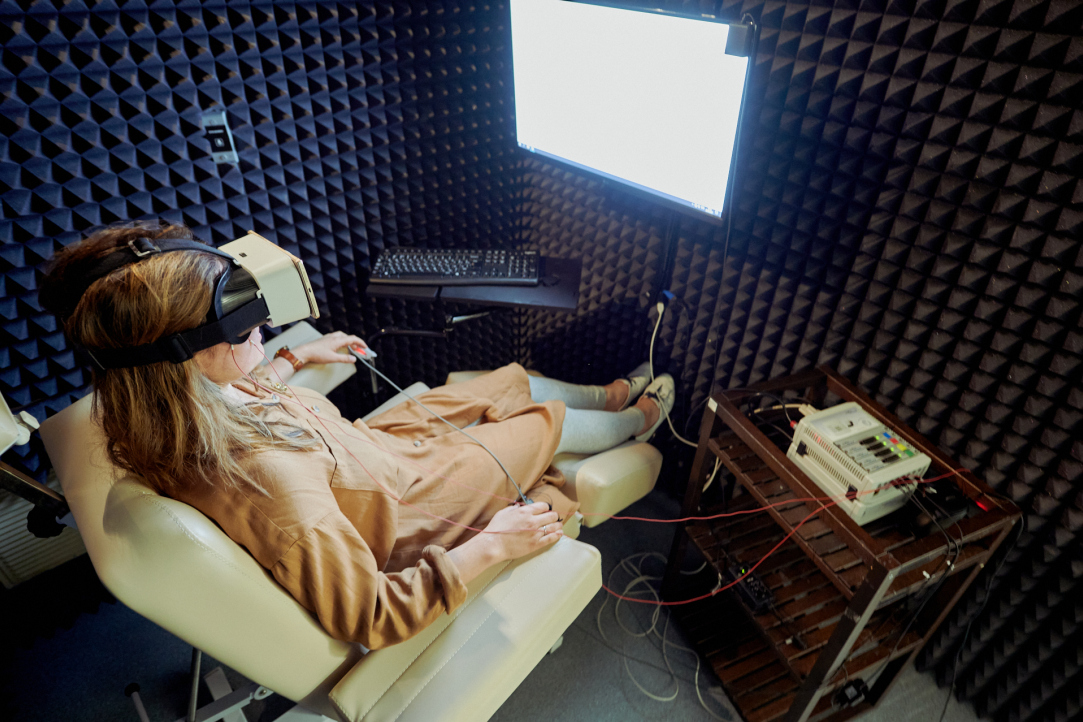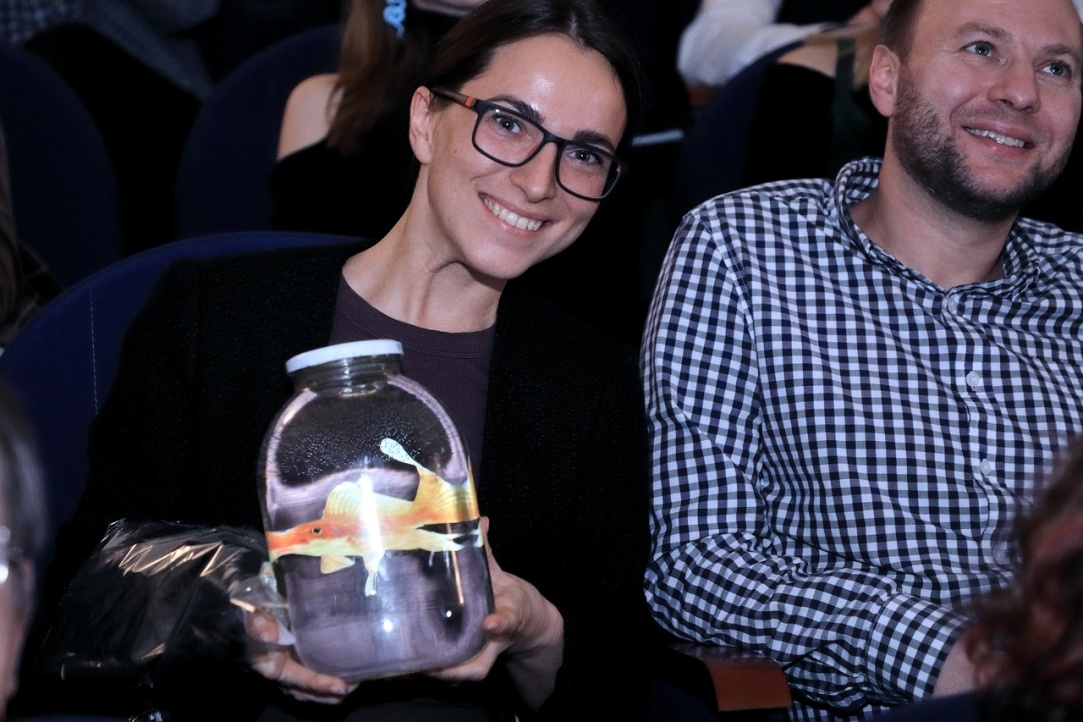
Between Natural Risks and Tourism Development: How the Life of Local Communities in the Indian Himalayas Is Changing
In 2024, scientists from HSE University-St Petersburg went on two expeditions to the Indian Himalayas. The second trip finished at the beginning of October, and now, the researchers are summing up its results. Read on to find out what new things they learned about the state of Himachal Pradesh, why floods and earthquakes have increased dramatically, and how local citizens adapt to the growth of tourism in the region.

Humans, Bots, and Digital Twins: Year-End Results of the Strategic Project 'Human Brain Resilience'
HSE University hosted a joint research seminar to review the 2024 results of the Strategic Project 'Human Brain Resilience: Neurocognitive Technologies for Adaptation, Learning, Development and Rehabilitation in a Changing Environment.' The event showcased the progress and outcomes of fundamental and applied projects focused on developing technologies for neurodiagnostics, neuroadaptation, and neurorehabilitation—collectively known as 3N technologies. The objective is to develop tools that can help prevent neurogenic and psychiatric disorders or alleviate their consequences.

First Successful Attempt in 55 years: Physicists in Russia and Germany Confirm 1969 Experiment Results
A team of researchers, with the participation of physicists from HSE University, replicated the 1969 experiment on superconductivity and its properties. The scientists induced superconductivity by deliberately deteriorating the interfaces between the layers of superconductors and ferromagnets in the system, resulting in better performance of spin valves compared to the classical version, where the interfaces between the layers are ideal. This approach could lead to the development of more efficient devices for data storage and computing. The study findings have been published in the Beilstein Journal of Nanotechnology.

HSE University-St Petersburg Holds International Expert Day on Social Entrepreneurship
On November 29, the campus hosted the Expert Day of the HSE University-St Petersburg and University of Technology Malaysia mirror laboratory. The official partner of the event was the Our Future foundation.

Study of Creative Industries in Perm Krai Conducted by HSE University in Perm
The first large-scale creative industries forum ‘Spheres’ took place in Perm on December 6, 2024, bringing together federal and regional industry experts, as well as representatives of the authorities and the public. The forum included a joint meeting of the Interdepartmental Working Group on the Development of Creative Industries in Perm Krai and the Regional Expert Group at the Centre for the Development of the Creative Economy at the Agency for Strategic Initiatives (CDCE ASI). Researchers from HSE University in Perm presented a study on the state of creative industries in Perm Krai and a comprehensive assessment of their development prospects.

Missing Socks and Abnormal Dumplings: HSE MIEM Holds Pseudoscientific Conference
For the first time, the HSE MIEM Pseudoscientific Conference brought together students from different faculties to find answers to absurd but surprisingly profound questions. Why can't Skynet cook dumplings? How do the stars affect your grades? The organisers and participants of the conference proved that even the strangest joke can sound scientific if approached with a qualitative methodology.

Healthy Nutrition Saves Public Funds: Strategies to Reduce Healthcare Costs in Russia
In Russia, the annual cost of treating type 2 diabetes alone exceeds 500 billion roubles. Promoting healthy nutrition programmes can ease the burden on the healthcare system and increase life expectancy. This was the conclusion reached by economists at HSE University after analysing global experiences with government involvement in promoting a healthy lifestyle.

Conscientious Individuals Live Longer
Personality traits such as conscientiousness, emotional stability, and an internal locus of control significantly influence one's lifestyle and longevity. Not only can personality traits influence health through beneficial and harmful habits but can also have a direct effect on mortality. Higher conscientiousness reduces the risk of premature death by 20 percentage points, while higher neuroticism increases it by 12 percentage points. These are the findings from a new study by Ksenia Rozhkova, Junior Research Fellow at the Laboratory for Labour Market Studies of the HSE Faculty of Economic Sciences.

Sports, Creativity, and TV: Diverse Leisure Positively Impacts Psychological Well-Being
Life satisfaction is higher among those who engage in diverse leisure activities, researchers from HSE University have found. However, the specific types of activities people engage in are less important. The contribution of individual leisure activities to a sense of well-being accounts for no more than 2% of the variance. Only the diversity of leisure activities is significantly linked to overall life satisfaction and a sense of meaningful time usage.

Taming the Element: How AI Is Integrating into the Educational Process Around the World
Artificial intelligence is gradually becoming an indispensable part of higher education. Both students and teachers use it to reduce the volume of routine tasks and expand their capabilities. The limitations and prospects of AI are discussed in the report ‘The Beginning of the End or a New Era? The Effects of Generative Artificial Intelligence (GAI) in Higher Education,’ published in the journal Modern Education Analytics, under the scientific supervision of HSE Academic Supervisor Yaroslav Kuzminov.


Application deadline: May 20